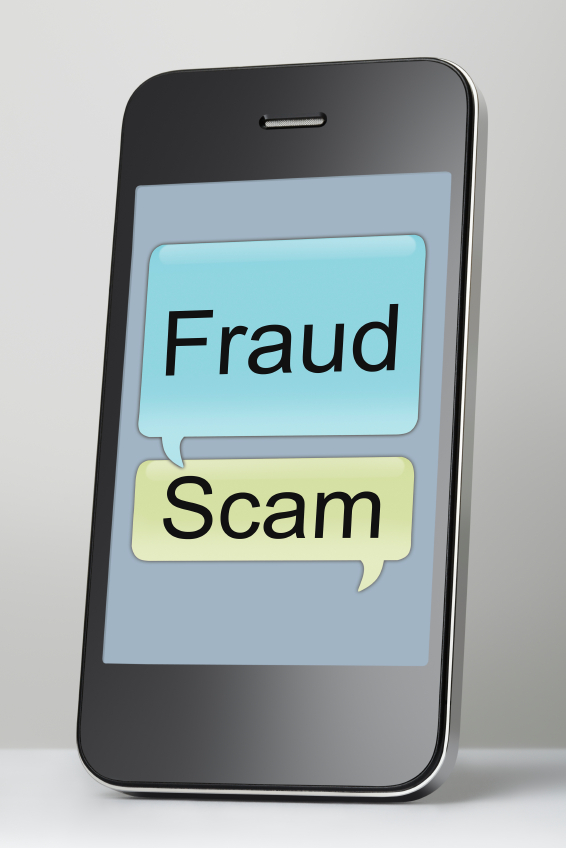AARP Hearing Center

The FCC on Friday warned consumers of a surge in robocalls known as the
"One Ring" scam — but it has nothing to do with Sauron or his minions in
Middle-earth.
Jokes aside, the "One Ring" or "Wangiri" scam targets potential victims with
a series of calls — usually from the 222 area code — often in the middle of
the night.
"Recent reports indicate these calls are using the '222' country code from
the West African nation of Mauritania," the FCC said in a news release.
"News reports have indicated widespread overnight calling in New York
State and Arizona."
It works like this: the caller (most likely an automated robocaller) dials your
number and hangs up almost immediately — typically after one ring, hence
the scam's name. The same call may repeat several times in a row,
especially in the overnight hours. Apparently, the scammer is betting you'll
be concerned after waking up to repeated calls from the same number, and
you'll call back to find out what's going on.
That's when the trap is sprung; calling back works like a 1-900 number,
running up a huge toll charge you'll see on your next phone bill.
Since there's no way to cast this One Ring into the fires of Mount Doom, the
FCC advises you never call back a phone number you don't recognize. You
can also check with your wireless phone provider to block outgoing calls to
international numbers. And, unless you know someone in Mauritania— you
shouldn't be calling anyone with a (222) phone number.































































